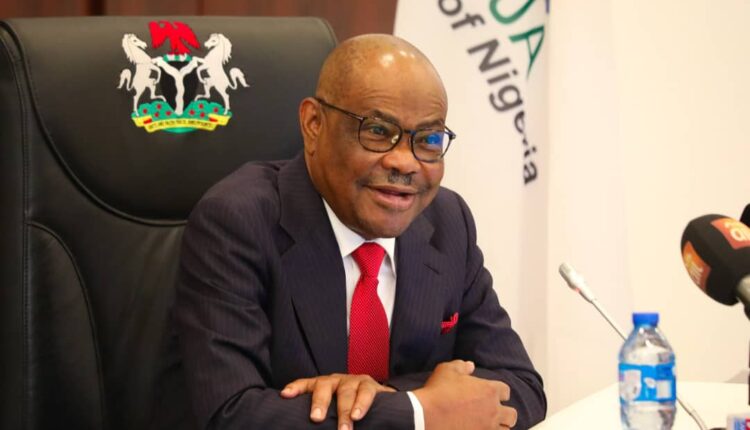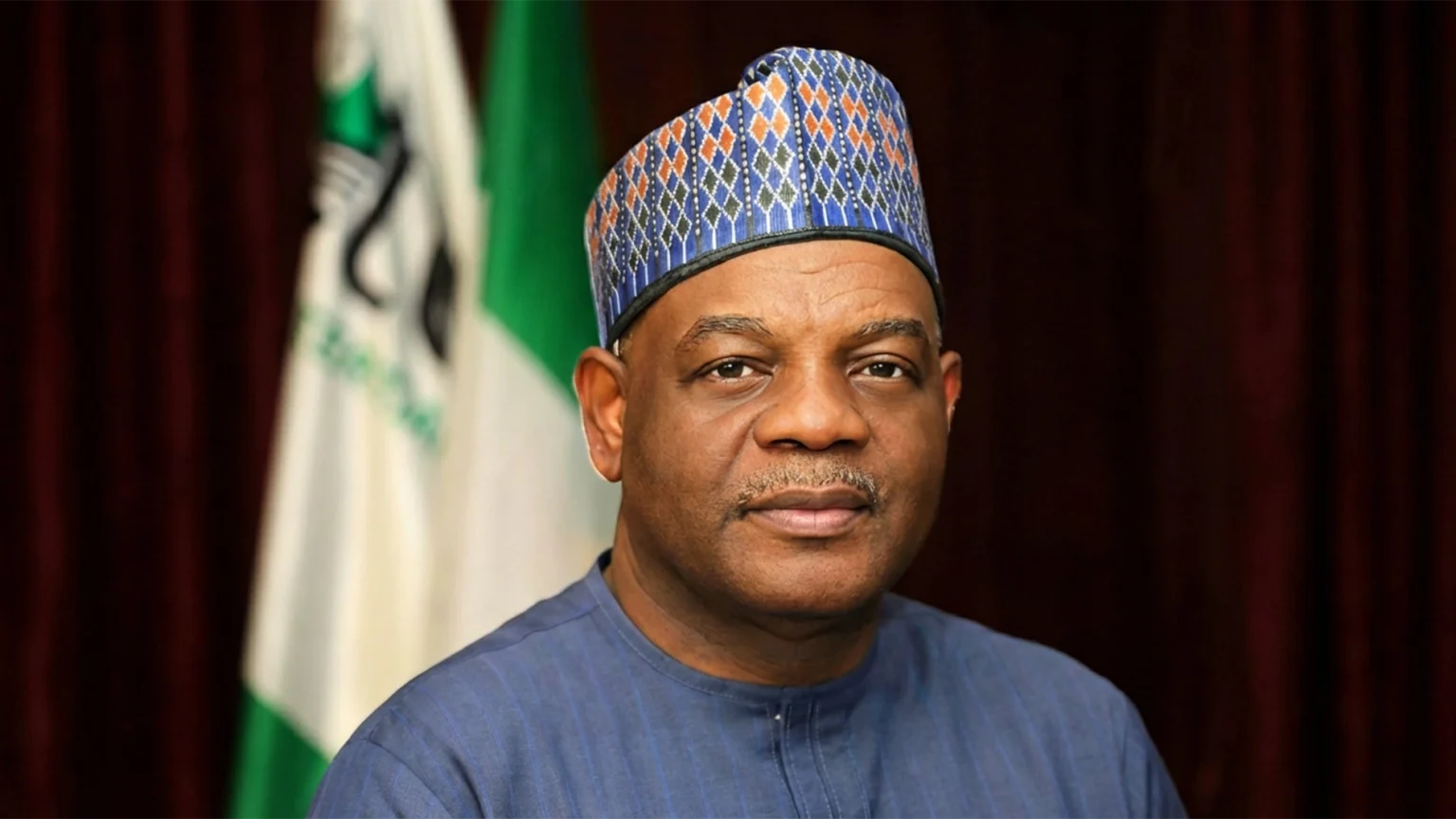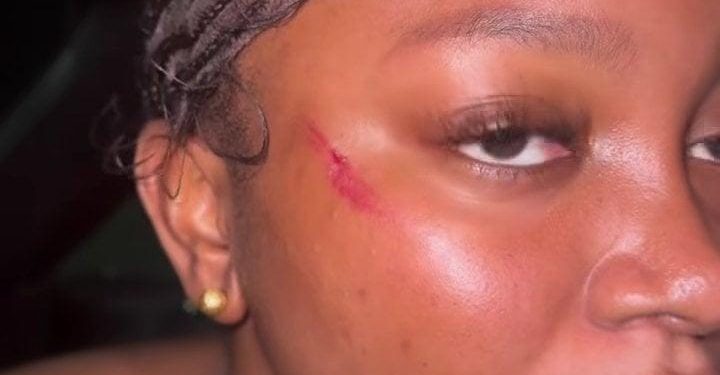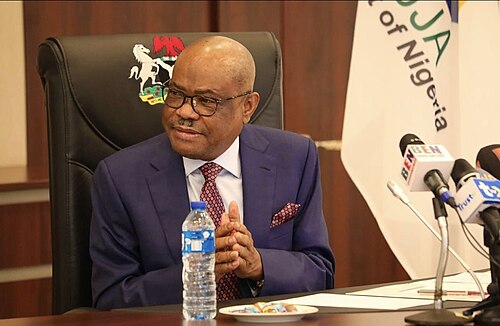The internal crisis plaguing the Peoples Democratic Party (PDP), Nigeria’s leading opposition party, has taken a new turn following a scathing public statement by the Minister of the Federal Capital Territory (FCT), Nyesom Wike. In a detailed account released on Sunday, Wike directly accused Oyo State Governor, Seyi Makinde, of being the “architect” of the crisis that has fractured the party since the 2023 general elections. The fallout further highlights the party’s fragile unity and raises pressing questions about its future cohesion and electoral viability.
At the heart of the conflict are unresolved disputes surrounding internal agreements, a prolonged legal battle over the national secretary position, and a growing trust deficit among key stakeholders.
The Genesis of the Discord
Since the conclusion of the 2023 general elections, the PDP has been entangled in a web of crises. According to Wike, these issues stem from a “lack of trust and honesty among party leaders.” He lamented that multiple reconciliatory efforts had failed due to a recurring pattern of betrayal and unfulfilled agreements.
Wike, a former governor of Rivers State and now a minister in the All Progressives Congress (APC)-led federal government, has faced criticism for serving in President Bola Tinubu’s cabinet while retaining his membership in the PDP. Yet, Wike maintains his loyalty to the opposition party, insisting his actions are aimed at protecting its future.
To address the PDP’s post-election challenges, a series of meetings were held among the so-called G5 governors — an alliance of aggrieved PDP leaders who had objected to the party’s presidential candidate, Atiku Abubakar, and the former National Chairman, Iyorchia Ayu. The group included Wike, Makinde, and other prominent figures. At one of these meetings in Lagos, Wike claims he pointedly accused Makinde of being the “chief culprit” behind the party’s dysfunction, citing non-compliance with internal agreements.
Despite an initial resolution to “bury the hatchet,” Wike insists that Makinde continued to act in ways that undermined party unity. A follow-up meeting at former Senate President Bukola Saraki’s guest house in Abuja, which involved high-profile PDP leaders such as Bala Mohammed and Umaru Fintiri, ended with several key resolutions. These included the confirmation of Senator Samuel Anyanwu as the legitimate national secretary of the party and a directive for all legal matters involving Rivers State to be withdrawn by the party’s national legal adviser.
However, Wike says these agreements were promptly violated, further fueling discontent within the party.
A Legal Tussle Over the National Secretary Position
The most visible manifestation of the PDP’s internal strife is the ongoing battle over the position of national secretary. Senator Samuel Anyanwu, who stepped aside to contest the Imo State governorship election in November 2023, did not officially resign from his role, sparking a controversy over his continued legitimacy in that office.
Meanwhile, the South-East PDP leadership, citing the party’s constitutional zoning arrangements, nominated Sunday Udeh-Okoye as his replacement. A High Court in Enugu sided with Udeh-Okoye in October 2023, ordering the PDP to install him as national secretary. However, this ruling was later challenged by the National Working Committee (NWC), which alleged procedural irregularities and misrepresentation of facts.

In a fresh twist, a Federal High Court in Abuja ruled in January 2024 that Anyanwu remained the legitimate national secretary until the expiration of his term in December 2025. The court also restrained the PDP from appointing anyone to act in that capacity.
Despite the court’s ruling, tensions escalated when the Appeal Court in Enugu upheld Udeh-Okoye’s nomination, stating that Anyanwu’s decision to contest the governorship violated the party’s constitution. Anyanwu, however, refused to vacate the office and took the matter to the Supreme Court. Meanwhile, Udeh-Okoye assumed duty on December 30, citing the Appeal Court’s ruling.
In January 2025, the Court of Appeal in Abuja attempted to de-escalate tensions by ordering both parties to maintain the status quo pending the Supreme Court’s final judgment. However, both camps interpreted the status quo order in their favor, further deepening the confusion.
Makinde’s Alleged Role and the South-East Factor
In his recent statement, Wike accused Makinde of conniving with Enugu State Governor Peter Mbah to manipulate internal processes and sidestep the Saraki-brokered resolutions. According to Wike, Makinde engineered a meeting of South-East PDP leaders to push for Udeh-Okoye’s adoption as national secretary, threatening to pull out of the party if their demands were not met.
Furthermore, Wike claims that Makinde coordinated efforts within the PDP National Secretariat to allow the Deputy National Secretary to act as the national secretary — a move Wike describes as a clear violation of the party’s constitution and the Abuja court ruling.
One incident Wike described as particularly “provocative and annoying” was the aborted PDP zonal congress in Jos on May 24, 2025. According to him, the Independent National Electoral Commission (INEC) declined to attend because the invitation letter was not signed by the legally recognized national secretary, Senator Anyanwu.
Wike also denounced the alleged rejection of a letter confirming the PDP’s governorship candidate in Anambra State, which was signed by both Anyanwu and the acting national chairman. The rejection, he claims, was orchestrated by party figures acting on the instructions of Makinde and Mbah.
‘I’ve Pulled Out of All Agreements’
Wike’s frustrations have now reached a boiling point. In his latest statement, he announced his decision to withdraw from all previous agreements aimed at resolving the party’s internal issues.
“I have now firmly decided to pull out of all agreements hitherto reached. I have decided to fight on until justice is attained,” he declared.

He also lamented what he described as ingratitude from PDP leaders whom he helped win elections. “I contributed substantially to most of these governors winning their elections, yet I have not made any personal demands on any of them, and I would never do so,” he said.
Despite Wike’s open rebellion, Makinde and other PDP leaders have largely remained silent or responded indirectly, perhaps choosing not to escalate the situation publicly. However, the continued silence may not quell the mounting tensions, especially as the 2027 general elections approach.
The Road Ahead for the PDP
The PDP now stands at a critical juncture. The leadership dispute, public infighting, and conflicting court orders have significantly weakened the party’s public image and internal cohesion. The challenge before its leadership is how to navigate these treacherous waters without causing further disintegration.The legal ambiguity surrounding the national secretary position must be resolved promptly and transparently. Moreover, party leaders must prioritize internal democracy, respect for agreements, and institutional discipline to regain the trust of members and the electorate.
Sources




